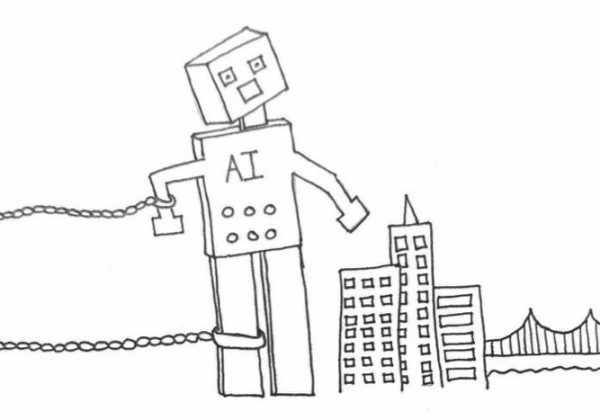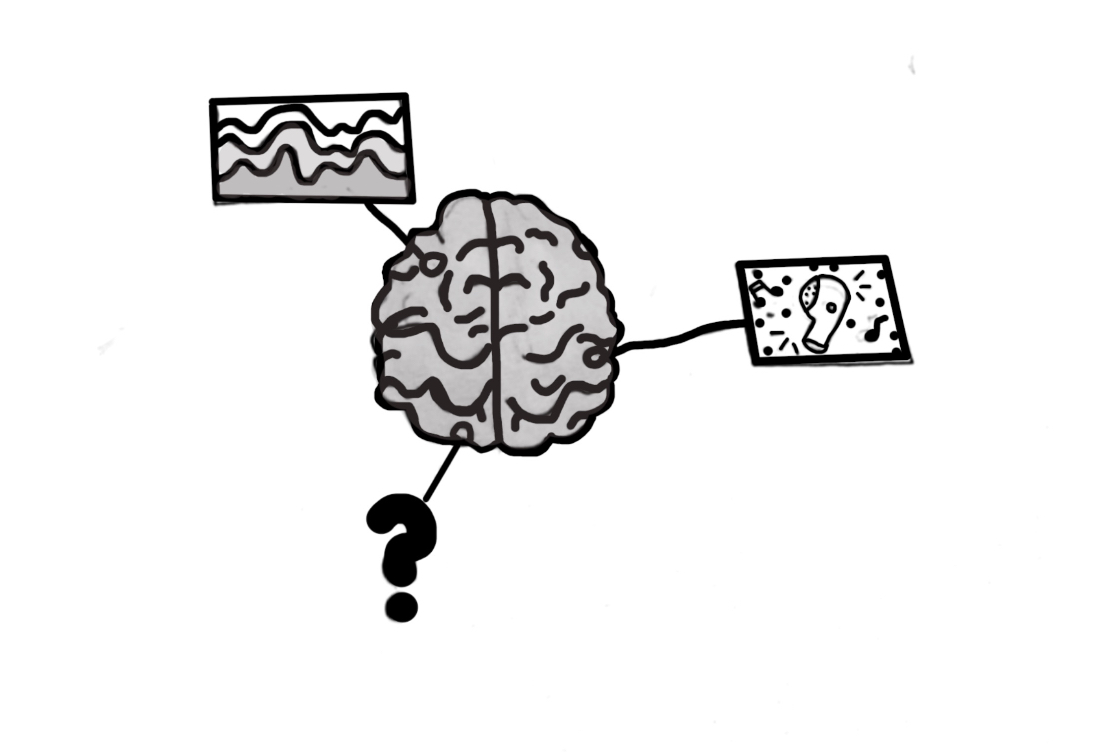“The pace of progress in artificial intelligence is incredibly fast…The risk of something seriously dangerous happening is in the five-year time frame. 10 years at most,” said Elon Musk, Chief Executive Officer of Tesla Motors.
Artificial Intelligence (AI) is becoming increasingly prominent in everyday life, however, with such a big role comes a considerable impact. Take a drive through San Francisco, I guarantee you will see at least five self-driving cars. Step foot into a busy English classroom writing essays, and ChatGPT will be open on many students’ browsers creating their essays for them. Without any regulation, the use of AI will be detrimental to society because it will limit learning in the younger generations, leading to a less intelligent and capable future generation.
A study done by Pew Research shows that about 50 percent of American adults felt more concerned than excited about the introduction of AI into society. Adults should be worried.
Even before the emergence of AI platforms like ChatGPT, students have been relying on inanimate objects such as calculators to take shortcuts. Over the years, as students have become increasingly reliant on calculators, their number sense and fluency have dropped significantly. Similarly with AI, as students become more dependent on it, their own comprehension slows. If AI is not regulated, students will become overdependent on it, and their own learning capabilities will decrease. An article published by Eastgate Software says, “If students are always provided with ready answers by AI systems, they may not feel the need to engage in this kind of deep, analytical thinking.”

When students are introduced to new material in school, their neuron connections are weak, meaning that mastery has yet to be achieved. When mastery is achieved, neuron connections become much stronger. Through a process called productive struggle, students are able to build strong neuron connections that eventually lead to mastery of the material. However, when students are struggling with the material and turn to AI to give them answers, the neuron connections remain weak and the material is left uncomprehended.
AI overuse is the prevailing reason for these negative effects. However, when AI is used in moderation it has the potential to be beneficial, as a tool instead of a weapon. While the increasing use of AI can be scary, it is on track to be able to combat some of the world’s most prominent issues such as world hunger. AI is able to take in enormous amounts of data, being much more efficient than humans, and because of this, it can come up with numerous solutions to problems, like the perfect crop, seeds, etc to make the largest output for a cheaper price.
In order for AI to make a positive impact, there needs to be more awareness surrounding the subject of AI and more guidelines for its usage. In a study done by Pew Research, people who are more educated on AI and its effects are more likely to express greater concern about it. This means that if more people understand the risks of its usage, they will handle AI more responsibly. Regardless, this will not account for everybody, so strict guidelines should also be put in place for the public to follow. Rules should be put in place about when AI use is permitted, whether that be regulating its use in school, the medical field, or somewhere else. If we handle AI correctly, our world will benefit and progress greatly, however high reward comes with these great risks.







